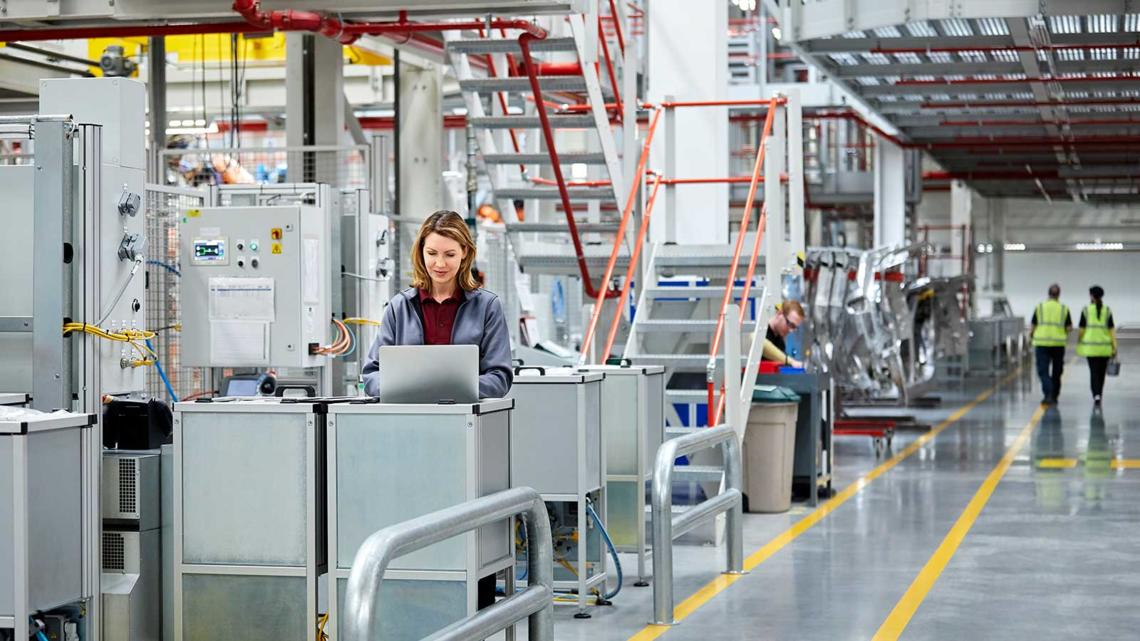27 February 2019, Geneva Switzerland: Today, in conjunction with GreenBiz 2019, the Social & Human Capital Coalition (SHCC) launched the Social & Human Capital Protocol. This moment is the result of four years of collaborative development, involving input from over 50 forward-thinking businesses - including Nestlé, Grupo Argos, and LafargeHolcim, and a range of expert partners, and a public consultation exercise with more than 250 participants.
The SHCC intends for the Protocol to serve as a catalyst for the ongoing alignment, consolidation and advancement of multi-capital approaches.
The Protocol provides a consistent process to guide businesses as they assess their relationship with social and human capital. It offers an overarching framework for collaborative action to bring together different approaches for social and human capital measurement and valuation and is designed to be used alongside the Natural Capital Protocol to understand the full spectrum of business interactions with people, society and the environment.
“A credible, comparable and broadly accepted approach on social and human capital is essential in the transition to a more sustainable world,” said Peter Bakker, President and CEO of the World Business Council for Sustainable Development, “The new Social & Human Capital Protocol will help demonstrate true corporate performance to key stakeholders, while ensuring a continuous movement towards universally just employment and community practices. We call on all businesses to realize the benefits of better understanding their interactions with people and society, and the true value they create for all stakeholders.”
In addition, the Executive Director of the Natural Capital Coalition, Mark Gough said, “Now companies can follow a consistent approach to identify their impacts and dependencies across multiple capitals, identifying the risks and opportunities they face and making informed decisions.”
The Protocol can help businesses obtain or maintain a social license to operate; improve the business-enabling environment; optimize human resource management; strengthen value chains; and, encourage product and service growth and innovation.
The SHCC encourages business to adopt this guidance and put it into action to drive change in the business world and beyond. For more information about the SHCC and the Social & Human Capital Protocol, please visit www.social-human-capital.org, and register your interest at info@social-capital.org.
Here’s what he experts are saying
“The Social & Human Capital Protocol is an important step forward for business and society. It is complementary to, and can be used in conjunction with, the Natural Capital Protocol. We now have the tools to better articulate the value that companies are able to create for society across natural, social and human capitals. This will lead to better decision making by companies, governments, consumers and investors.” Duncan Pollard, VP, Sustainability and Stakeholder Engagement, Nestlé
“The Social & Human Capital Protocol is an important milestone in the journey towards a broadly accepted standard for impact valuation. It will enable the private sector to report on how it creates value for society in a widely understood language.” Jorge Mario Velásquez, CEO Grupo Argos
“The Social & Human Capital Protocol consistently defines a framework for businesses to measure and value their social impact. This will support companies to add more value through strategic initiatives on the ground.” Jens Diebold, Group Head Sustainability LafargeHolcim
“We already see companies benefiting from applying a measurement and valuation approach to social and human capital. Join them in realizing these benefits by implementing the Protocol in your business.” Mike Wallace, Executive Director, the Social & Human Capital Coalition








